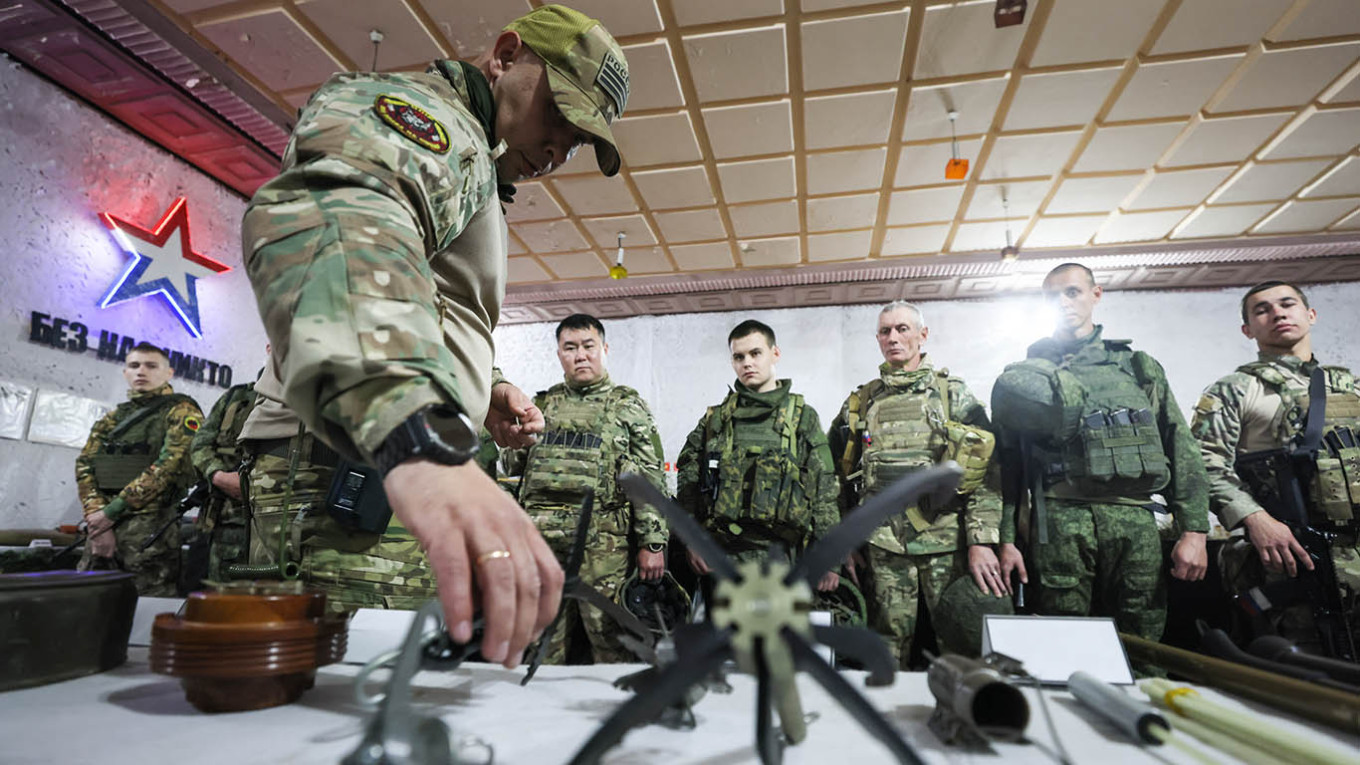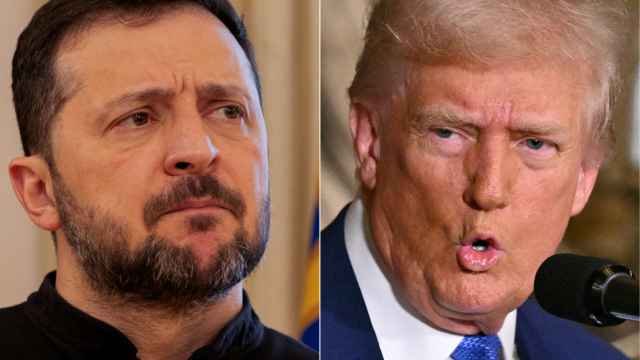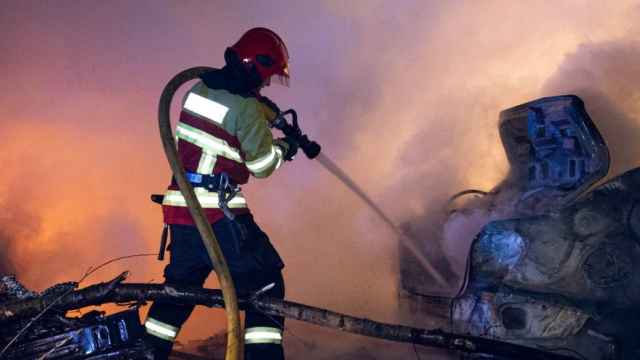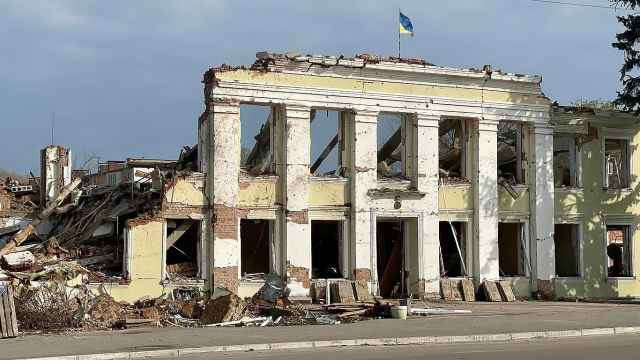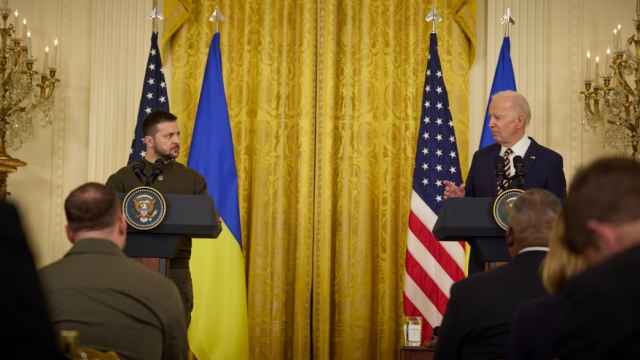Ukrainian President Volodymyr Zelensky said Russia has amassed around 50,000 troops near Ukraine's northeastern Sumy region, but added that Kyiv had taken steps to prevent Moscow from conducting a large-scale offensive there.
The build-up comes as Russia appears to be preparing for a summer offensive in Ukraine. At the same time, Kyiv is waiting for Moscow to present a memorandum laying out its conditions for direct ceasefire talks.
Sumy lies across the border from Russia's Kursk region, where Ukraine previously seized and held a pocket of land for months. Russia's Defense Ministry said it completely drove out Ukrainian forces last month, though Ukraine claims it still holds some areas.
"Their largest, strongest forces are currently on the Kursk front," Zelensky told reporters on Tuesday. "To push our troops out of the Kursk region and to prepare offensive actions against the Sumy region."
Putin has said he wants to create a "buffer zone" along Russia's border with Ukraine. Zelensky said he believes Russia seeks to establish a buffer zone of around 10 kilometers (6 miles) deep into Ukrainian territory.
Russia has captured at least four border villages in the Sumy region recently, and its forces have been creeping slowly forward over the past several weeks on parts of the front line in eastern Ukraine near the city of Kostyantynivka.
However, Zelensky said that Russian troops have been pushed back in that area by 4 kilometers (2.5 miles) over the past two days.
The Ukrainian president said his government was ready for further peace talks in any format. He said he expected the next round to be at a technical level, but said he would be ready for a three-way meeting with U.S. President Donald Trump and Russian President Vladimir Putin.
Zelensky said he did not want the United States to back away from the peace process, as Washington has threatened to do if progress is not made.
A Message from The Moscow Times:
Dear readers,
We are facing unprecedented challenges. Russia's Prosecutor General's Office has designated The Moscow Times as an "undesirable" organization, criminalizing our work and putting our staff at risk of prosecution. This follows our earlier unjust labeling as a "foreign agent."
These actions are direct attempts to silence independent journalism in Russia. The authorities claim our work "discredits the decisions of the Russian leadership." We see things differently: we strive to provide accurate, unbiased reporting on Russia.
We, the journalists of The Moscow Times, refuse to be silenced. But to continue our work, we need your help.
Your support, no matter how small, makes a world of difference. If you can, please support us monthly starting from just $2. It's quick to set up, and every contribution makes a significant impact.
By supporting The Moscow Times, you're defending open, independent journalism in the face of repression. Thank you for standing with us.
Remind me later.



